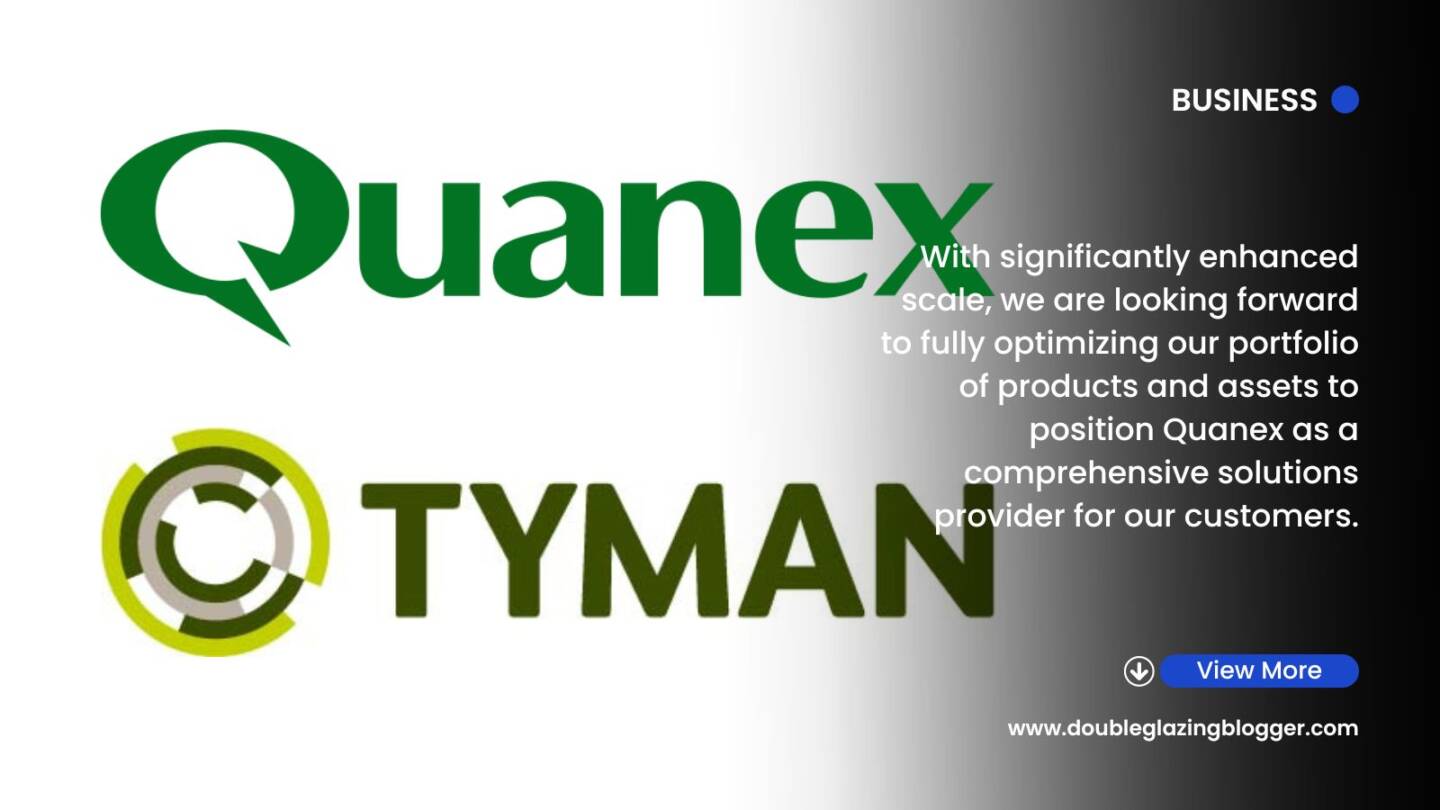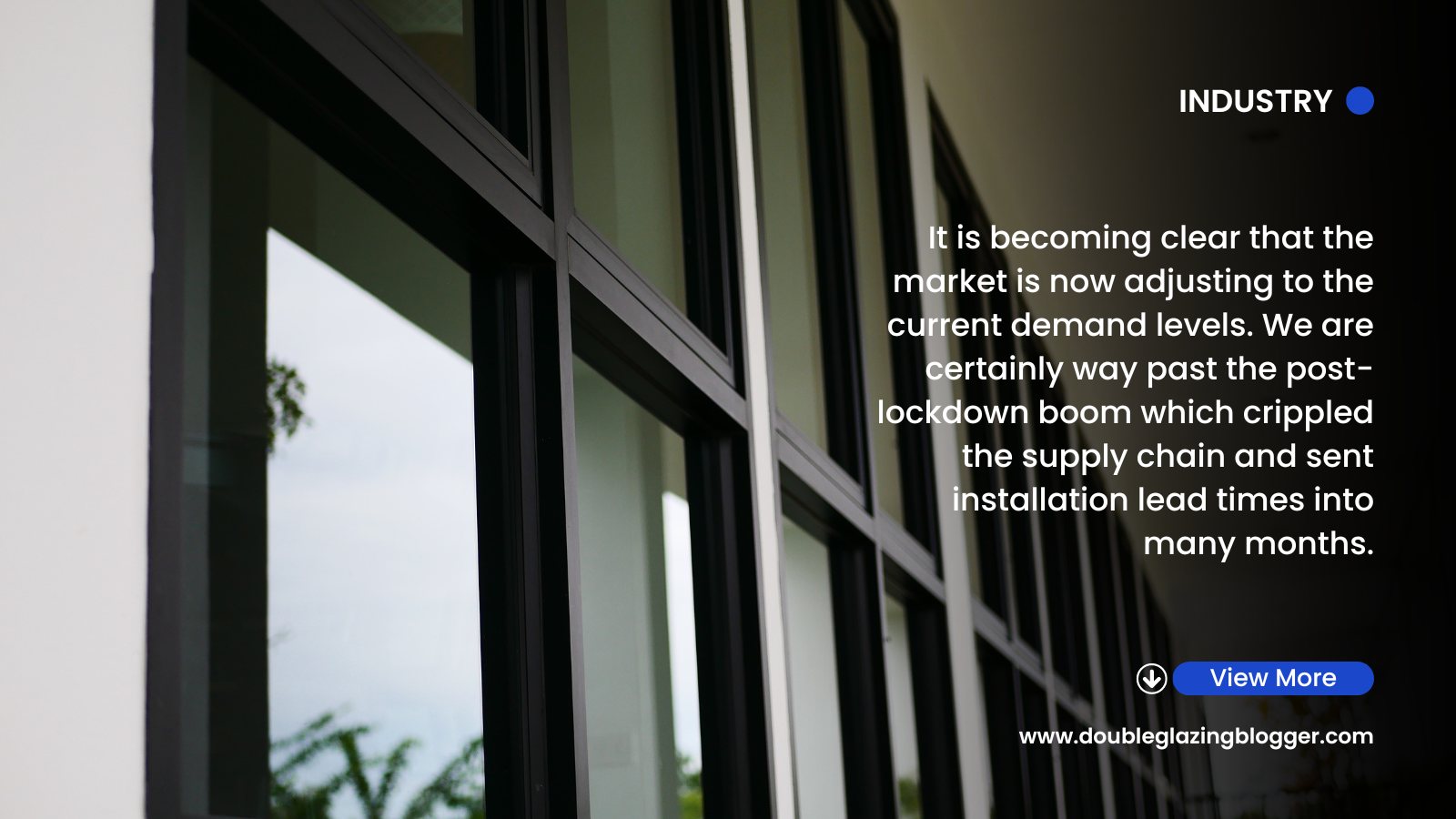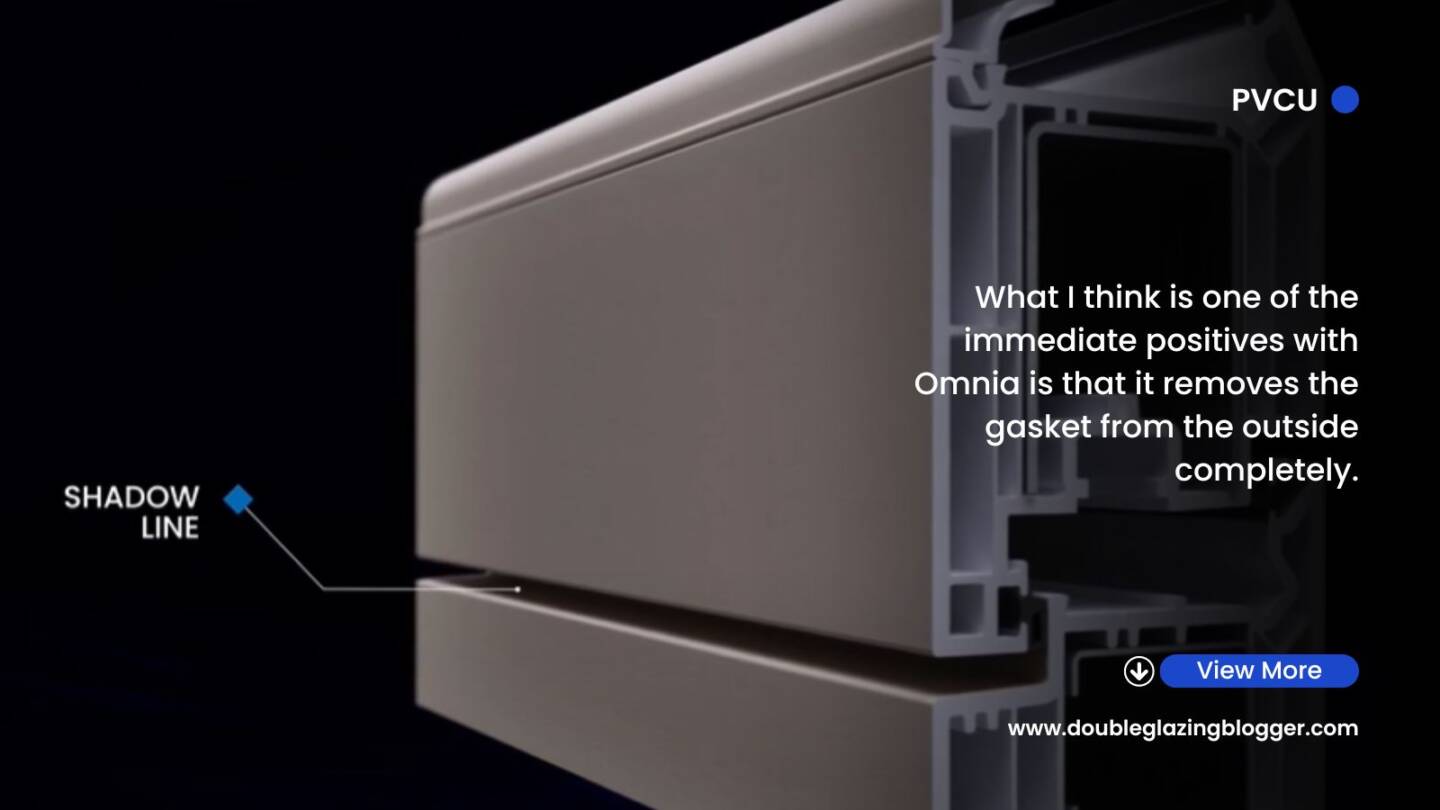When it comes to diversification I feel like the industry has been in overdrive for about four or five years now. Since the recession our industry has developed a hell of a lot of new products in what is a relatively short space of time.
From there, fabricators and installers have taken it upon themselves to bring on tons of new products and innovations in a bid to stay relevant over their competitors and find new revenue streams where there weren’t previously.
I have a feeling though that many, including ourselves at our place, are in danger of becoming a “jack of all trades but master of none” kind of business. And if we do, things could go downhill pretty quickly.
Pressure to grow
The whole point of diversification is to expand your offerings and bring in new business. You see it with big companies like Google, Samsung, Apple etc. And it happens just as much in our industry.
But I feel like perhaps we have overshot the mark a little bit now. Every month we seem to see the launch of something new by one company or another. Almost to the point where we keep trying to reinvent the wheel over and over again until we have a whole store full of wheel but with only very slight differences between them.
The differences between the products though isn’t my concern. My true concern is with fabricators and installers and the risk that they choose to start selling so many new products in an effort to hit the diversification button hard and then it all goes south.
I see many fabricators and installers now choosing to supply and install almost every product group available. PVCu, timber, aluminium, solid roofs, bi-folds, flush, vertical sliders, composite and so on. Fine you might think. But I believe that the more we all choose to do, the more stretched we become and the poorer the quality and the service will be.
I think this is more true for installers. Most are only small, medium sized at best. With small teams of staff that are probably always busy. The truth of the matter is that the more installer, and indeed fabricators, choose to make and sell, the more work there is for all involved at those businesses. Inevitably, that means less time spent on each individual area of the business. And when that happens, standards start to slip.
This is the conversation that we are having at our place at the moment. We’d be classed as a small company in terms of number of staff and premises size. We do well for our size though, reaching seven-figure revenues each year. But of late, as we have brought new products on board in a bid to make sure we keep up with trends and customer demands, we have found ourselves stretched, stressed and running behind in certain parts of the company. The conversation has now turned to whether we choose to drop certain products so we can refocus on our bread and butter products which we do better than anyone else.
I doubt that we’re the only ones thinking this. So the question becomes that of balance. For fabricators and installers, finding that balance of what their limit is, between doing enough and too much, and supplying and installing what they do well.
Deadwood
As I said, innovation and diversification is in overdrive in the industry right now. Mostly for the good. If you look at the landscape of our sector now it is far more advanced in all sorts of areas than ten years ago. We all know it needed it.
But not everything can work. Other industries are the same. Look at tech and some of the big companies such as Google. They often bring out new products and services in an attempt to try something new and to see if it works for them. Sometimes it does, and sometimes it doesn’t. Google often shelves things that aren’t working for them, but at least they tried it.
I feel like we’re approaching that point in our industry. There are a lot of products out there. More than ever before. Logic will dictate however that not all of these could possibly work all at once and justify the investment, time and people power to make them work. There will be some new products out there that explode on to the scene, and some that hardly make a ripple. Well it’s those that hardly make a ripple that perhaps should be considered for the scrap heap.
There is no point in continuing to stock or sell a product that only shifts a few units per year, and probably costs more to produce and keep stock of than it makes in money for the company. Then consider the knowledge and training people will need to know about that product that only sells a handful of times per year. Is it really worth it?
It feels as though we’re heaping a ton of pressure on ourselves to be everything to everyone, when perhaps we don’t need to be. Perhaps there is a case for PVCu companies to be PVCu companies, for aluminium companies to be aluminium companies. Would we all perform better if we stuck to what we’re best at? I’m not saying we should be reversing diversification, but to perhaps be more selective in what we all choose to add to our product portfolios to make sure we can all deliver on it well.
To get weekly updates from DGB sent to your inbox, enter your email address in the space below to subscribe:







One way is moving the pressure from doing too much, into doing better stuff – like more ecological windows and so on and so on…